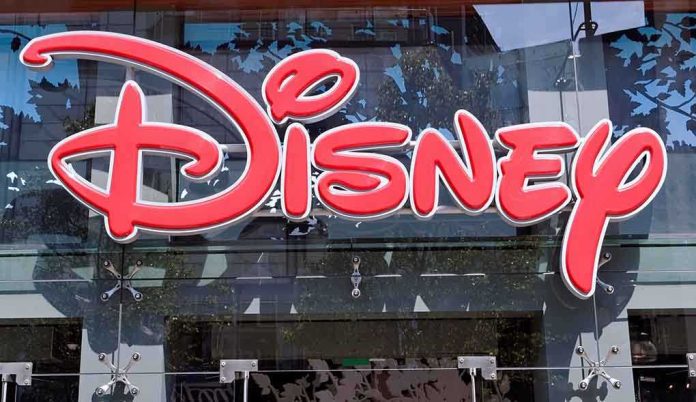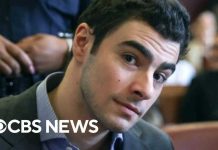
A Disney superfan’s tragic death at the Contemporary Resort shattered the illusion of safety and happiness at the world’s most famous family destination, thrusting guests, authorities, and Disney itself into a whirlwind of speculation and hard truths about crisis management.
Story Snapshot
- Summer Equitz, a Disney enthusiast, was found dead in an apparent suicide at Disney’s Contemporary Resort.
- Initial rumors of monorail involvement were swiftly denied by officials.
- The incident sparked intense social media speculation and exposed weaknesses in crisis communication.
- The tragedy challenges hospitality leaders to re-examine mental health and emergency protocols.
Disney’s Contemporary Resort Becomes Center of Tragedy
Summer Equitz, a 31-year-old Disney devotee from Naperville, Illinois, checked into the Contemporary Resort alone, her disappearance from Illinois barely registering with her family before news broke that she was dead. The resort, famous for its sleek architecture and the monorail gliding through its lobby, became the unlikely stage for a crisis that unfolded at breakneck speed. Guests enjoying their evenings were jarred by the arrival of emergency responders, while the iconic monorail ground to a halt. Within hours, social media exploded with theories, most notably the claim that Equitz had died after being struck by the monorail—a rumor that authorities rejected as “erroneous information.”
The Orange County Sheriff’s Office and Medical Examiner quickly confirmed the cause of death as suicide by blunt impact, but that did little to slow the torrent of speculation. Disney’s management faced the familiar challenge of handling tragedy in plain sight, balancing operational continuity with the emotional needs of guests and staff. The Contemporary Resort, typically a haven of nostalgia and luxury, became a scene of investigation and uncertainty. Staff managed the logistical fallout—shutting down the monorail, rerouting guests—while the broader Disney fan community wrestled with shock, sadness, and confusion. The juxtaposition of the tragedy with the resort’s family-friendly reputation amplified public scrutiny.
Misinformation and Crisis Response in a Social Media Age
Social media platforms magnified the crisis, as speculation about the incident eclipsed verified facts. The story’s spread showcased the volatility of digital rumor mills, where eyewitness accounts and unverified claims often overshadow official statements. The Orange County Sheriff’s Office stepped in to clarify: “This is an apparent suicide… not struck by the monorail, so that is erroneous information.” Yet, the rumor persisted online, highlighting the challenge for both law enforcement and Disney’s PR teams in containing misinformation. For Disney, every second counted—not only in restoring normal operations but also in shaping public perception amid a barrage of viral posts.
The event prompted renewed discussion among crisis management experts, who stressed the necessity of rapid, transparent communication to counter false narratives and protect brand reputation. The incident exposed gaps in how major hospitality brands prepare for and respond to tragedies in the social media era, with commentators calling for investment in staff training and mental health support. For the Disney organization, the delicate balance between privacy for the victim’s family and public accountability became a test of its longstanding crisis playbook.
Ripple Effects: Mental Health, Safety Protocols, and Industry Lessons
The shockwaves from Summer Equitz’s death were felt far beyond the resort’s property lines. Immediate operational disruptions—monorail service stoppage, emergency response logistics—were only the beginning. The tragedy reignited debate in the tourism and hospitality sectors about the adequacy of mental health resources for guests. Academic voices emphasized the psychological pressures of travel, especially for individuals drawn to destinations promising happiness and escape. Hospitality safety consultants urged industry leaders to prioritize mental health awareness, suggesting that visible support systems could be as crucial as physical safety measures.
The Disney fan community, already deeply invested because of Equitz’s public profile and connections to Disney leadership, grappled with grief and confusion. Many called for greater sensitivity in reporting suicides and for improved crisis protocols at high-profile venues. Industry insiders agreed that the incident would serve as a case study in the importance of accurate reporting, swift crisis response, and the need for ongoing mental health initiatives.
Sources:
The Independent – Disney World visitor found dead hours after she was reported missing









